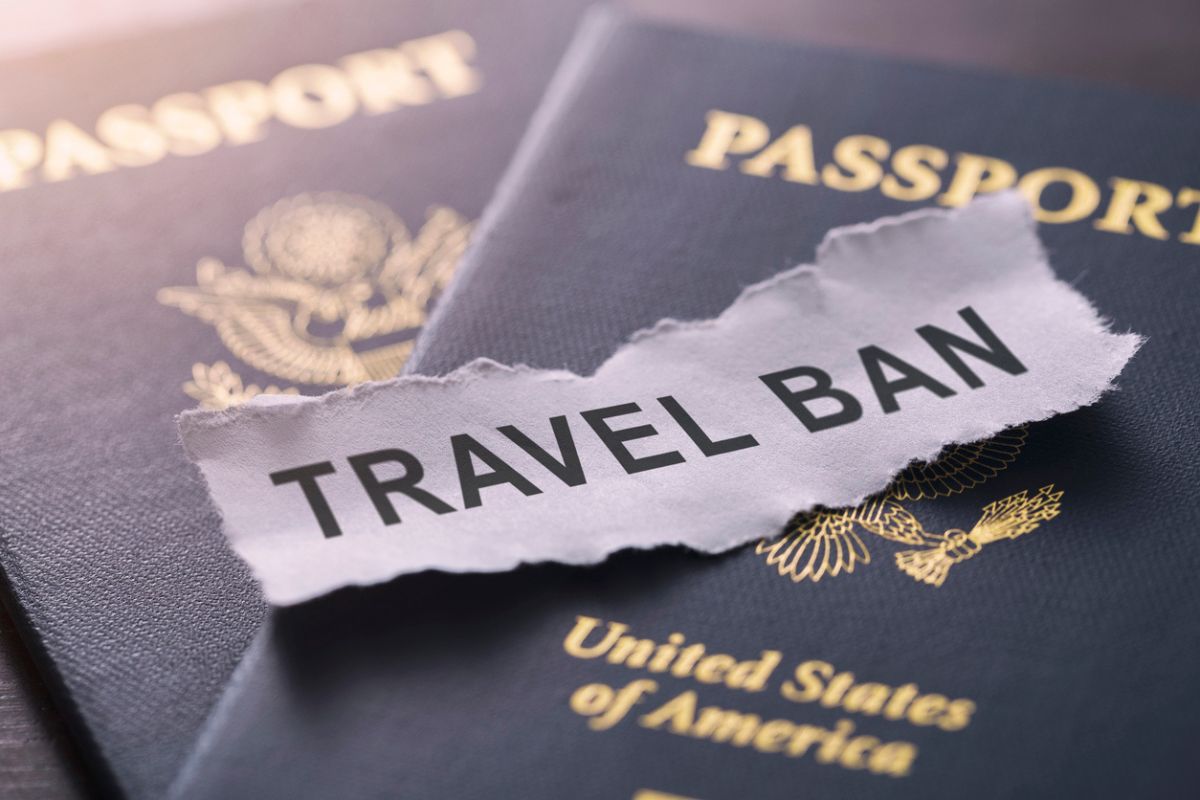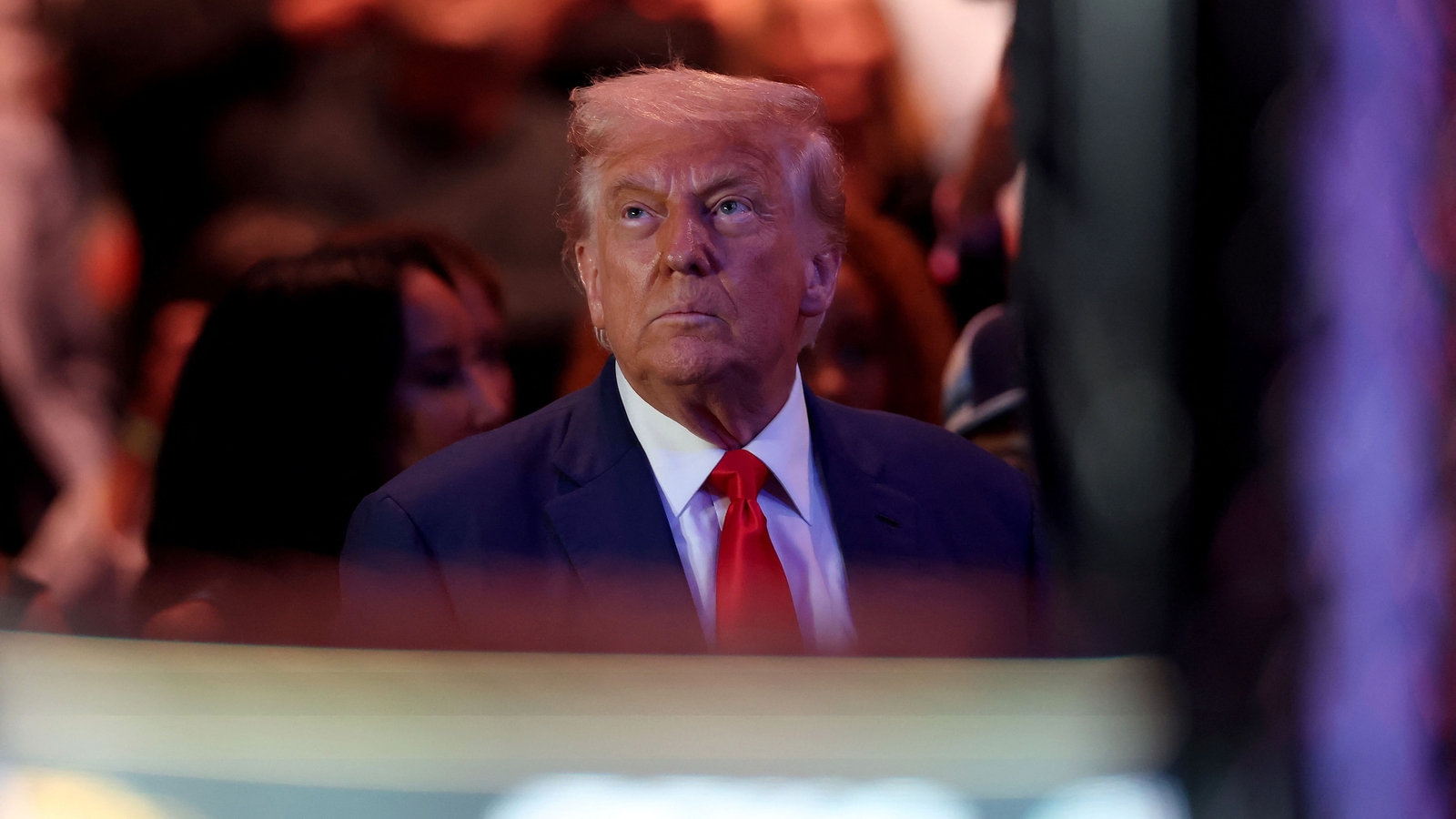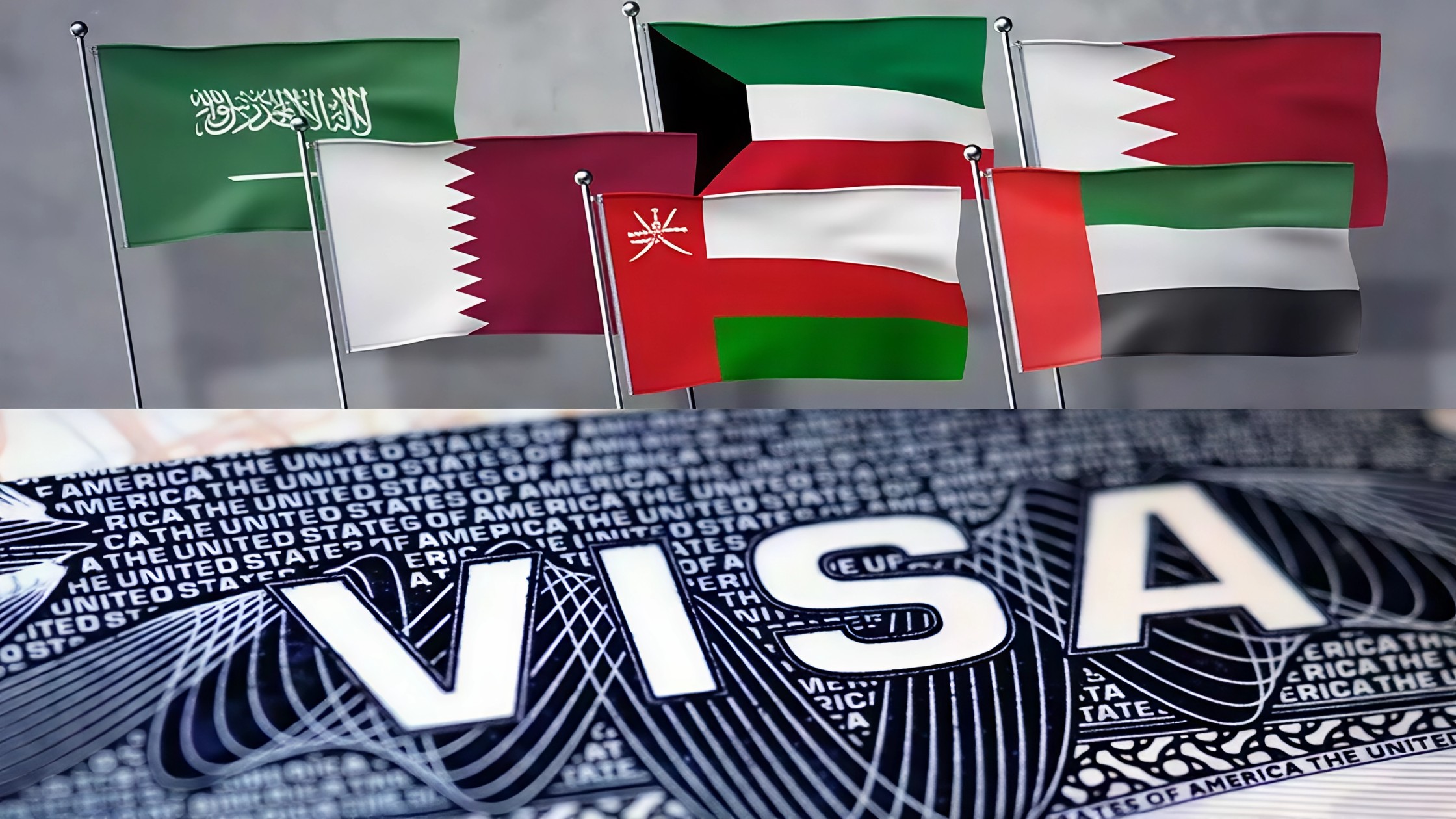A new travel ban signed by former President Donald Trump is set to take effect on June 9 at 12:01 a.m., restricting entry into the United States for citizens of several countries. The order, announced on June 4 through official White House channels, blocks nationals from 12 countries while placing partial restrictions on seven others.

The ban applies to Afghanistan, Chad, the Democratic Republic of the Congo, Equatorial Guinea, Eritrea, Haiti, Iran, Libya, Myanmar, Somalia, Sudan, and Yemen. Citizens of these countries will not be allowed entry unless they qualify under specific exemptions. In addition to these, partial travel bans will apply to individuals from Burundi, Cuba, Laos, Sierra Leone, Togo, Turkmenistan, and Venezuela.
President Trump stated that this decision is aimed at tightening national security by restricting migration from countries where the US cannot confidently carry out proper vetting. The announcement follows recent security concerns, including an incident in Colorado during a public march, which was cited by the administration as a motivating factor. Although the suspect in that case is from Egypt, a country not on the banned list, the event has still been used as a justification for the broader policy.

The new order is described as part of an evolving framework. According to Trump, countries may be removed from the list if they show material improvements in security and cooperation. At the same time, other nations could be added in the future based on emerging global threats.
For those impacted, there are a few key exemptions. Dual nationals with passports from non listed countries will still be permitted entry. Afghan citizens holding Special Immigrant Visas will also be allowed. Lawful permanent residents of the United States and immigrants granted visas due to religious or ethnic persecution, particularly from Iran, are included in the exemption criteria. The policy also makes room for athletes attending major global events like the 2026 World Cup or the 2028 Olympics.

The decision echoes Trump's previous travel ban introduced in 2017 during his first term. While that policy faced considerable legal and public resistance, this new version appears to be broader in scope and more flexible in terms of revisions.
As this situation continues to evolve, further announcements and potential amendments to the list of affected countries are expected in the coming weeks.
To stay updated on major global travel developments, follow Travel Moves on Instagram and Facebook.








